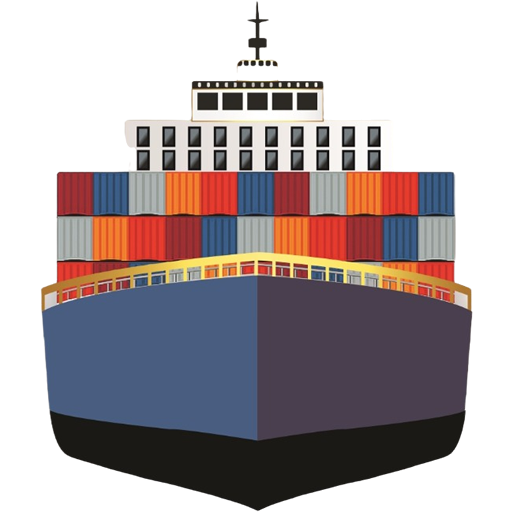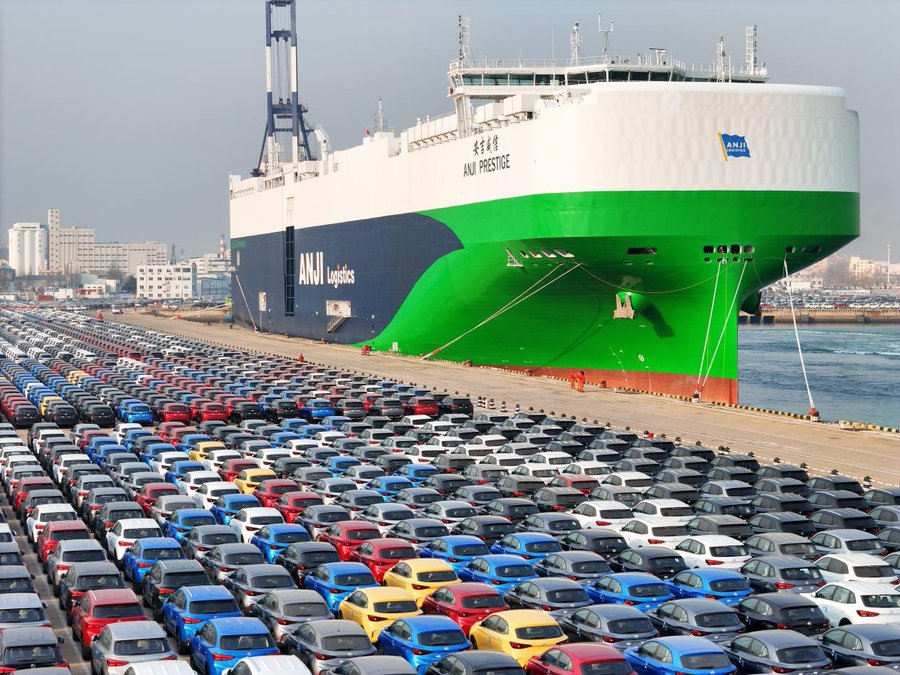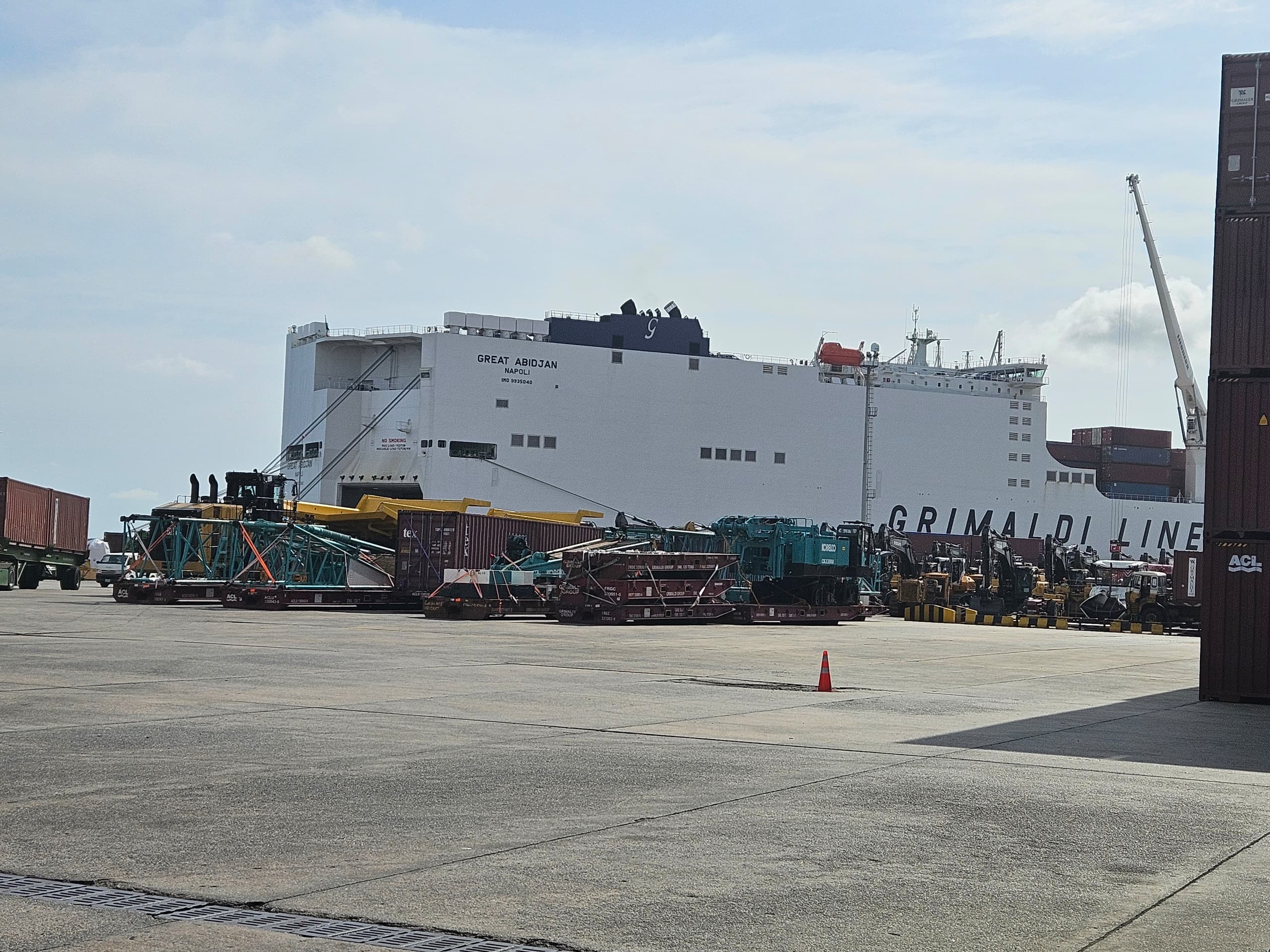
President Bola Tinubu on his suspension of duty tariffs on food importation in Nigeria
President Bola Tinubu has provided insight into his decision to temporarily suspend import duties on selected food items, aiming to alleviate food shortages and enhance affordability for Nigerian consumers. Speaking through Vice President Kashim Shettima at the launch of Olusegun Osoba’s book in Lagos, Tinubu emphasized that this measure is a short-term solution to address the rising food prices plaguing the country.
The policy, announced by the Minister of Agriculture and Food Security, Abubakar Kyari, grants a 150-day duty-free window for the importation of essential food commodities such as maize, husked brown rice, wheat, and cowpeas. This move is designed to bridge the supply gap and make food more affordable for Nigerian households, as food inflation continues to soar above 40%.
Notably, the government has emphasized its commitment to promoting local production and ensuring Nigeria’s long-term food security and sufficiency. Despite the temporary suspension of import duties, the administration remains dedicated to driving local production and reducing reliance on imports. This approach aligns with the government’s broader vision for Nigeria’s agricultural sector, which prioritizes self-sufficiency and sustainable growth.
However, some stakeholders in the agricultural sector, particularly farmers, have expressed concerns that the policy may hinder local food production and undermine gains made in terms of self-sufficiency. They argue that the influx of imported food commodities could lead to a decline in demand for locally produced goods, potentially stifling the growth of Nigeria’s agricultural industry.
In the face of these concerns, the government has reassured stakeholders that the temporary suspension of import duties is a necessary measure to address the current food crisis. The administration has also emphasized its commitment to supporting local farmers and promoting sustainable agricultural practices, ensuring that Nigeria’s agricultural sector remains a priority.
As the government navigates this delicate balance between addressing food shortages and promoting local production, the role of customs clearing agents and export/import regulations will be crucial in ensuring the smooth implementation of this policy. Efficient customs clearing processes will be essential in facilitating the timely importation of food commodities, while also preventing potential abuses of the duty-free window.
Ultimately, the success of this policy will depend on the government’s ability to strike a balance between addressing immediate food security concerns and promoting long-term agricultural development. By prioritizing both import and export growth, while also supporting local production, Nigeria can work towards achieving food security, sufficiency, and sustainable economic growth.
Click here for relevant information on importation


